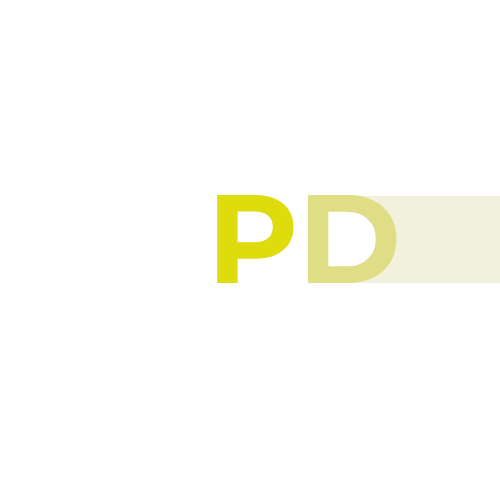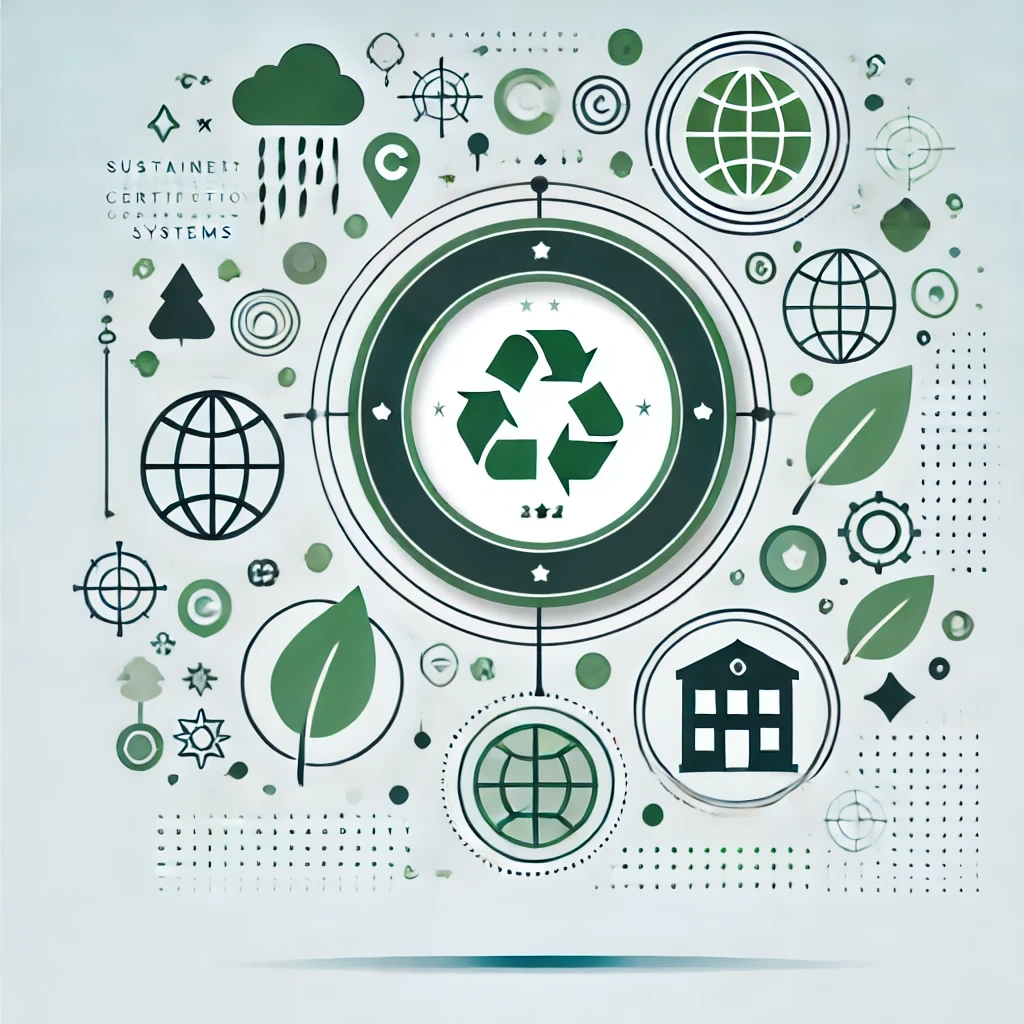EPDs (Environmental Product Declarations) play a crucial role in sustainability certification systems. These documents provide transparent and standardized assessments of a product’s environmental impact, offering valuable data for certification processes. Here are the key roles of EPDs in sustainability certification systems:
1. Provides Transparent and Verified Environmental Information
- Sustainability certifications require reliable data to measure and verify environmental impacts.
- EPDs provide essential information on a product’s carbon footprint, energy consumption, and water usage throughout its life cycle.
2. Contributes to Sustainability Credits
Many sustainability certification systems encourage the use of EPDs and award points for projects that incorporate them. Examples include:
LEED (Leadership in Energy and Environmental Design):
- EPDs contribute to points in the Materials and Resources (MR) category.
- Specifically, they are required for the Building Product Disclosure and Optimization – Environmental Product Declarations credit.
BREEAM (Building Research Establishment Environmental Assessment Method):
- EPDs are considered in Life Cycle Assessment (LCA) modules.
DGNB (Deutsche Gesellschaft für Nachhaltiges Bauen):
- EPDs play a key role in environmental and economic quality modules.
3. Ensures Product Comparability and Transparency
- Certification systems require comparisons of environmental performance between products used in projects.
- EPDs allow for a standardized and transparent comparison of products within the same category.
- For example, different building materials can be analyzed based on carbon footprint and energy consumption.
4. Provides Essential Data for Life Cycle Assessment (LCA)
- EPDs supply the necessary datasets for LCA studies.
- Many sustainability certifications require LCA analysis to optimize material use in projects.
5. Promotes Innovative and Eco-Friendly Products
- Sustainability certifications encourage the use of low-impact materials.
- EPDs help manufacturers highlight their environmentally friendly products.
6. Compliance with Green Public Procurement and Regulations
- Many certification systems mandate the use of environmental declarations in public projects.
- EPDs are essential for aligning with these requirements and streamlining the certification process.
Conclusion
EPDs are a powerful tool for enhancing a project’s environmental performance and earning sustainability certification credits. They play a vital role in selecting eco-friendly products and minimizing the environmental impact of construction projects.


